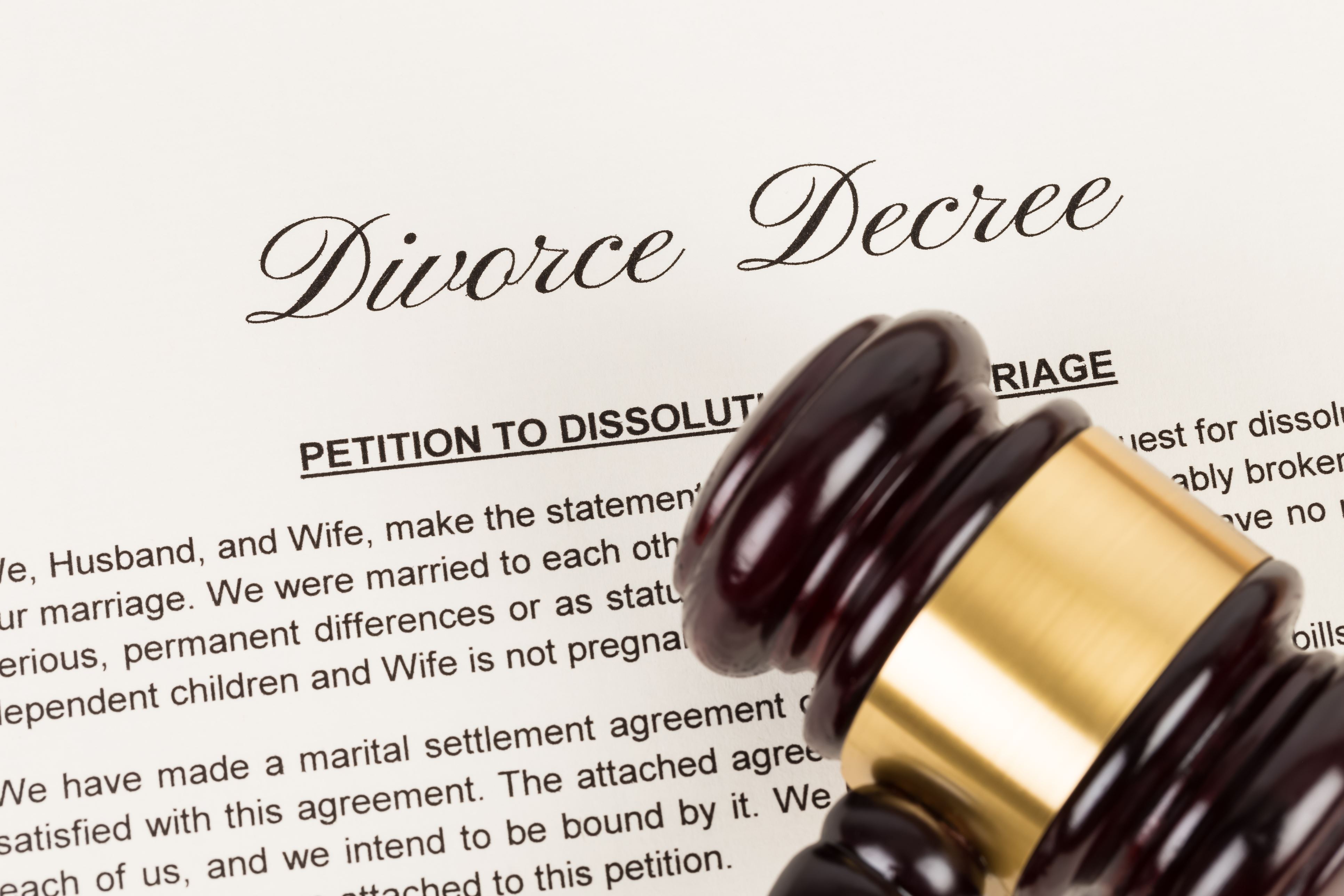When entering a divorce, it is important to know what type of divorce proceedings you will be enduring. The procedure, although similarities exist in each case, can change depending on the classification of your divorce. The classification of your divorce is fact and situation specific. Therefore, when consulting with your Pensacola Divorce Attorney ensure you provide adequate detail regarding your case, so they may classify your divorce accordingly.
Simplified Dissolution of Marriage: In order to qualify for a simplified divorce, you and your spouse must agree to the divorce action, have no minor children, and have no disputed issues regarding the division of assets or debts. In this action, both parties are joint petitioners and must attend the final hearing before the judge. The only documents filed in addition to the Petition for Simplified Dissolution are respective financial affidavits, and a property settlement agreement. No claims of child support or alimony can be involved in a simplified divorce action. Further, these actions may be brought before a county court or circuit court.
Uncontested Dissolution of Marriage: This classification is similar to a simplified dissolution; however, the couple has minor children or alimony claims involved. Therefore, to meet the standards of an uncontested dissolution, you and your spouse must agree to the divorce, and be in agreement on all issues relating to your dissolution including; assets, debts, child custody, child support, visitation procedures, and any other pertinent matters to your specific case. The parties are classified as Petitioner and Respondent and the case must be filed in Circuit Court. Further, you are required to file a number of documents including a financial affidavit, mandatory disclosures, UCCJEA affidavit, Parenting Plans, and Child Support Guidelines. The unique document required of an uncontested action is the filing of a Marital Settlement Agreement documenting the provisions of your divorce.
Contested Dissolution of Marriage: This form of divorce is used when at least one issue is still disputed between the parties. If you and your partner have agreed to all matters except one, you will need to file a contested action. However, in many cases, a contested action transforms into an uncontested matter after an agreement is reached. For example, when a contested divorce is presented before a court, the parties are required to attend a mediation to attempt a dispute resolution outside of court action. In many cases, the items under dispute are resolved in this manner changing all matters to be undisputed and into an uncontested proceeding. However, if you and your partner fail to come to an agreement you case will be heard before a judge regarding all the disputed issues. The judge will hear the evidence presented from each side and determine the proper provisions of your divorce decree.
Although classifications may not change a great deal of the divorce proceedings, in certain cases they can save the parties time and money. Therefore, it is important to understand these different labels and ensure you provide your Pensacola Divorce Attorney with adequate detail regarding your case to ensure they are properly informed and will approach your case in the necessary manner.
Speaking to an attorney at our Pensacola office is free of charge, and we accept calls 24 hours a day, 7 days a week. Contact us at 850-999-5857 or complete an online contact form to get in touch with a member of our team today.


